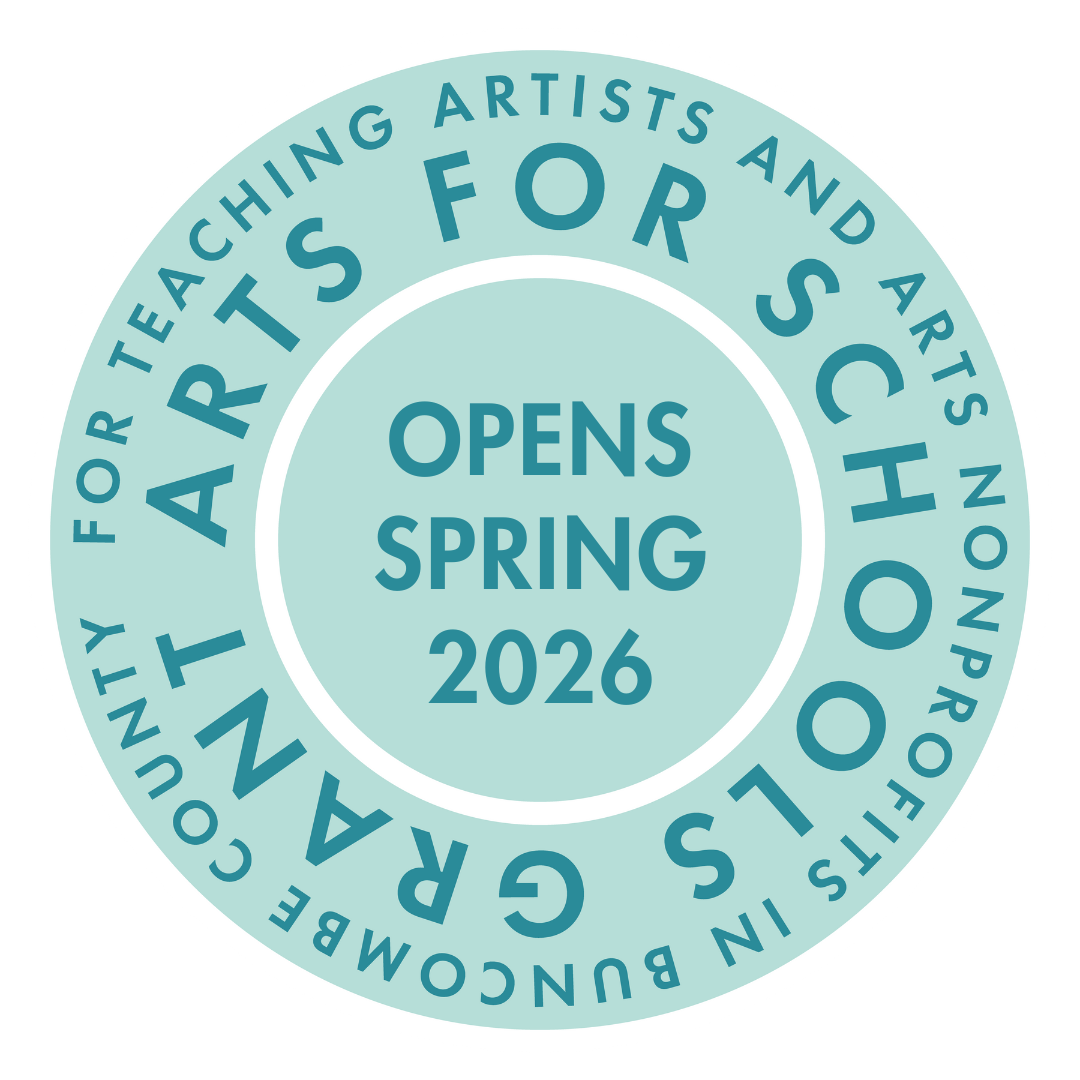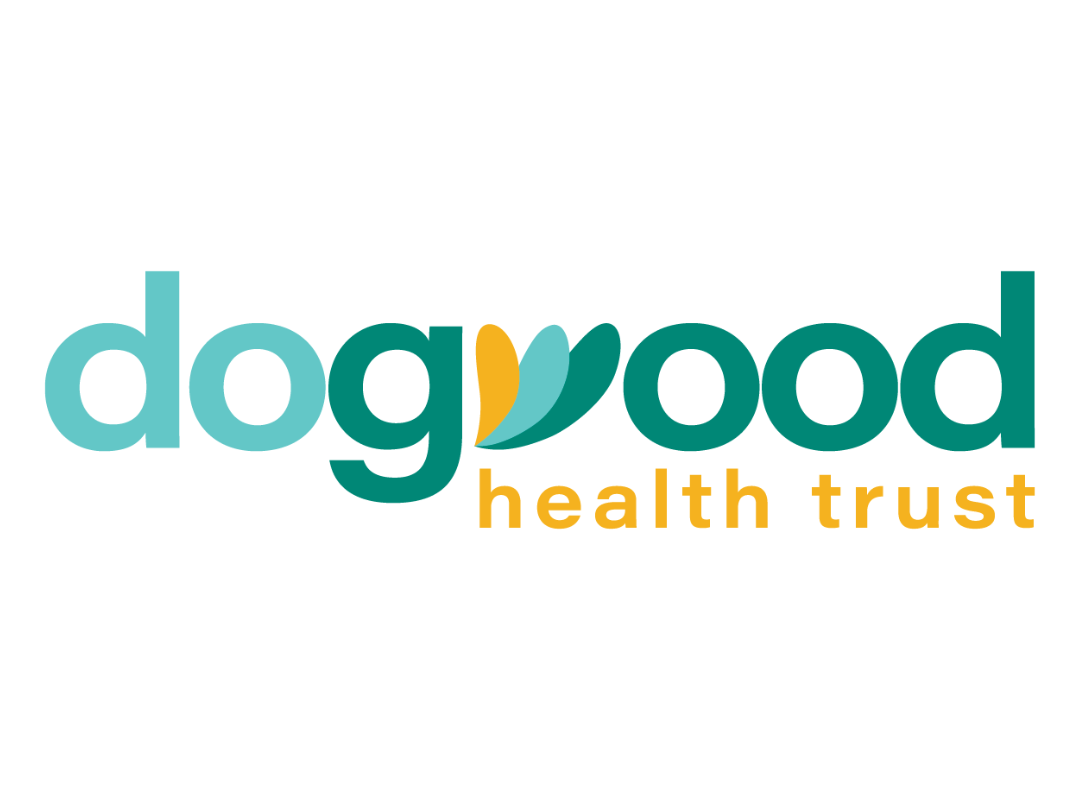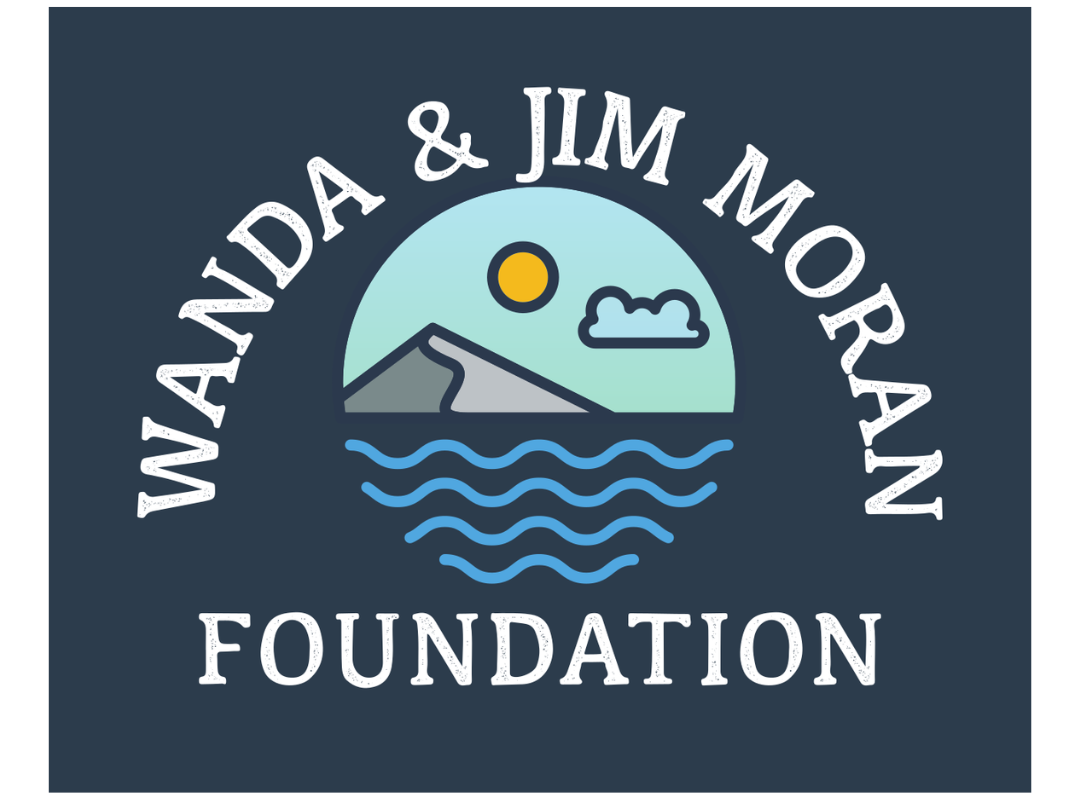ARTS FOR SCHOOLS GRANT
Overview
Closed | Next Grant Cycle in Spring 2026
Exposure to the arts, both in and outside the classroom, is proven to improve academic success. However, not all students have the same opportunities to enjoy these benefits. The Arts for Schools grant program helps Buncombe County nonprofit arts organizations and teaching artists provide arts focused performances, workshops, residencies, field trips for students attending Buncombe County and City of Asheville K-12 public schools. For a limited time, this grant will also include support for arts focused afterschool and camp programs. Grants range from $500-5,000.
Sponsored by
Interested in supporting these amazing programs? Click here to learn more.

Application Process
Eligibility & Requirements
The primary purpose of the Arts for Schools program is to provide in school arts programming for students attending economically disadvantaged schools. Our goal is to help ensure that students across Buncombe County have access to the benefits of these arts experiences.
Thanks to a time limited grant from Dogwood Health Trust’s WNC After 3 program, the Arts for Schools grant program will be expanded from FY25-27. During this period, applicants may apply for funding for in school and out of school programs, but will only receive funding for one focus area per funding cycle. Grants for in school programs range from $500-$2,000, and grants for out of school programs range from $500-$5,000.
In school is defined as programs occurring during regular school hours, and out of school programs are defined as occurring afterschool (weekdays only) or camps (summer or holiday breaks).
Please note: The primary focus of the WNC After 3 program is on afterschool programming, so afterschool programming will receive priority over other out of school programs. We also want to help ensure the longevity of these programs, so capacity building will also be a consideration.
ELIGIBILITY & REQUIREMENTS
- Applicants must be located in Buncombe County for at least 1 year.
- Applicants must be a 501c3 nonprofit arts organization OR a qualified teaching artist.
- Qualified Teaching Artist: To be considered a qualified teaching artist, you must have either a BA or BFA in their specific art form, or an equivalent in training and experience.
- Must have at least 5 years of experience working in arts education.
- Programs must serve students in Buncombe County or City of Asheville K-12 public schools.
- Programs must be free for students and schools (this could include providing a specific number of scholarships).
- Align with North Carolina’s Common Core curriculum and Essential Standards
- Program must take place between July 1, 2025 – June 30, 2026. Programs do not need to be scheduled by application date – however, funded programs must take place between July 1, 2025 – June 30, 2026.
- For in school programs: A school partnership agreement form is required as part of your application.
- For out of school programs: Applicants are ineligible to apply if they already receive funding for the proposed arts-focused program from Dogwood Health Trust’s WNC After 3pm initiative. For questions regarding eligibility, please contact rebecca@artsavl.org.
- For camps: Only 501c3 nonprofit arts organizations may apply for funding for camps, and the camp must be a program of that arts nonprofit.
ALLOWABLE EXPENSES
Examples of appropriate use of funds include: artist fees (only for artists located in Buncombe County for the specific school program(s) outlined in the proposal), student materials/art supplies, admission fees, and transportation fees for students to attend an arts experience.
Funding may not be used for:
- fees for artists not located in Buncombe County
- fees for school groups not located in Buncombe County
- transportation fees/ travel costs not related to students
- marketing materials; food/ hospitality supplies
- art, music, and dance therapists
- artifacts
- purchasing artwork
- contingency funds
- deficit reduction
- fundraising events
- food or beverages for hospitality or entertainment functions
- school band activities or equipment
- school choral activities or equipment
- lobbying expenses
- oral history and history projects
- tuition for academic study
- interest on loans, fines or litigation cost
Priorities
Economically Disadvantaged Schools: Proposals focused on serving students in Economically Disadvantaged Schools will receive priority (view school rankings). Learn more about how economic disadvantage is determined here. Applicants will also have the opportunities to explain how their program serves an underserved community.
Multicultural Programs: Although our top priority is serving Economically Disadvantaged Schools, we will also prioritize multicultural programs. For a program to be considered multicultural it must be conducted by artists, ensembles, or organizations of color and/or promote African American, Asian American, Latino, or Native American cultures.
Capacity Building for Afterschool Programs: The primary focus of the WNC After 3pm program is on afterschool programming, so out of school applications focusing on afterschool will receive priority over other out of school programs. Proposals that help ensure the long term sustainability of these programs will also be prioritized.
2025-26 Timeline
- May 13, 2025 | Application opens
- June 16, 2025 | Application deadline
- Mid July 2025 | Awards Announced
- Late July 2025 | Funds distributed
- May 31, 2026 | Final report due
Application & Support Resources
Application Link
Closed (Question PDF). The deadline to apply was June 16, 2025 at 11:59 pm.
Support Resources
Grant Guidelines (PDF)
Overview for Applicants (Video | Slides)
If you need help with your application or have specific questions, email us at rebecca@artsavl.org. No phone calls, please. If you would like to discuss your application, please email us to set up an appointment.
2025-2026 Award Recipients
Asheville City Schools Foundation’s (ACSF) Teaching Artists Presenting in Asheville Schools (TAPAS) Program is an inclusive, arts-based education program that employs local, high-quality artist residencies in grades K-12 to create and deliver rich arts-based instruction across curricula. ACSF will use Arts for Schools grant funds to expand into after-school experiences at Asheville City Schools elementary sites, In Real Life after school middle school program, and into high school extended-day programming, including DREAM mentors and Racial Equity Ambassador Program. TAPAS encourages students to engage with complex ideas, develop problem-solving skills, and express themselves in unique and meaningful ways through art.
Asheville Symphony Orchestra will use grant funding to produce the Young People’s Concerts program, which serves as an immersive musical experience and educational tool. It will introduce Asheville City and Buncombe County 5th grade students to the world of classical music. The 2026 Young People’s Concert will take place on Wednesday, April 1, 2026, at Mars Hill University. This performance will welcome approximately 2,000 fifth-grade students from Asheville City and Buncombe County Schools. Each concert is curated to include entertaining selections from the orchestral repertoire that are carefully chosen to align with educational themes relevant to the student’s curriculum.
Asheville Creative Arts is a professional arts organization that produces, presents, and creates innovative, performance-based, visual, and multimedia works for multigenerational and multiethnic audiences. The Arts for Schools grant will expand their extracurricular series, Authentically Me, into Art POW! This new curriculum will be differentiated by age group K – 5th grade, and will use age-based activities to help students identify, express, and celebrate what makes them unique as individuals.
Buncombe County Schools Foundation (BCSF) will use the Arts for Schools Grant to provide artist fees for its Global Grooves program. Global Grooves, a partnership between BCSF and LEAF Global Arts, will boost arts exposure to all 7th grade students in Buncombe County Schools. Between September 2025 – May 2026, students will attend a 45-minute musical performance and have the opportunity to interact with the performers after the show. Curriculum resources will also be provided to the teachers to give background knowledge as well as follow-up reflection questions to assess the impact of the experience and learning.
“The arts are fundamental programs that enable students to not only learn about different forms of Art and Culture, but help students understand the importance of expression, of gifts they may have, and to expose them to careers and enjoyment,” said Christy Cheek, Executive Director of BCSF. “Some students may not have the opportunity to experience performances or certain mediums, but once they see a performance, paint a picture, or hear someone doing something they love, that can serve as a life-changing experience.”
Delta House Life Development, a nonprofit that enhances and improves lives through cultural awareness, education, health, and social well-being, plans to use funding for their year-round L.E.A.A.P. Arts Connection program. L.E.A.A.P will provide students with hands-on art activities, allow them to create their own artwork, and foster their cultural heritage. The program will give low-income students opportunities to work with artists, use the elements of art, and principles of design to make connections with their environment. At the end of the program, the students will have opportunities to exhibit their art and perform in the community.
Firefly Valley Pottery, with Founder and Lead Teacher Ona Armstrong, will welcome Owen High School students in Advanced Art Classes into their studio for a day-long pottery workshop. Armstrong will lead the group in a hand building pottery lesson while students take turns at wheel throwing lessons with other instructors. Students would leave the workshop with advanced pottery techniques, exposure to tools and a unique pottery studio, one-on-one throwing instruction, small business training, summer job opportunities, and, once fired, pieces of their own pottery to take home.
Girls Rock Asheville is a camp that welcomes kids to build confidence and create community with each other while writing music, learning about gear and the mechanics of sound, and participating in a range of empowering workshops and performances by local artists. For example, at camp, students will form their own bands and spend the week writing an original song with their group. Grant funding will support their space rental, scholarship fund, volunteer stipends, and operational costs.
Ira B Jones Elementary School Family-Teacher Organization (FTO) will use grant funding to provide continued support for Jones Drama, a 22-year-old tradition for K – 5th grade students. The funds will be used to keep program costs low for students, provide scholarships, and bring on additional teaching professionals from Asheville Performing Arts Academy to participate in the program.
Journeymen provides teenagers with arts programs and community groups that incorporate creative projects, music, and wilderness programs. This funding will help maintain their Crafting Passages Program and add a “Mimicking the Masters” component to further engage boys with art and their emotions. With grant funding, Journeymen will be able to cover student fees for art materials, particularly with their popular Glassblowing workshop series, as well as be able to pay mentors who show up for students that otherwise would never receive an opportunity to engage with an art form like glassblowing.
Anna Kimmell, theatre artist and educator, will offer an immersive residency to fourth grade students at Johnston Elementary. Students will build original narratives, hone language abilities, gain theatre skills, and express themselves creatively. She will also connect playwriting and performance to their English/Language Arts learning module. Funds will be used for artist fees and theatre supplies, including scripts, costumes, and props.
LEAF Global Arts will use the Arts for Schools grant to support its Songs for Peace project in an after school environment, engaging K – 8th graders with local songwriters in music and video creation. The program sessions will culminate in performances, recording, and music videos. Songs for Peace gives students opportunities to learn about music from different cultural influences and gives a voice to youth to share messages of inclusion and unity.
Local Cloth will continue its Farm to Fiberarts In the Blue Ridge (FIBR) program. With FIBR, children create fiber art with Local Cloth during summer camps and after school programs. In addition, led by teaching artist Emolyn Liden, Local Cloth will host a teen sewing camp and a Farm to Fabric summer camp. The rich textile history and tradition of the Blue Ridge Mountains will be brought to the hands of future generations by Local Cloth’s teaching artists.
OpenDoors Asheville will use grant support to fund artist fees, supplies, and student transportation for a series of afterschool arts classes tailored to elementary through high school students. These classes, led by local artists and arts organizations, are designed to align with student interests and support their academic and personal growth. The grant also supports OpenDoors’ broader equity-based model, which removes systemic barriers by providing no-cost programming, personalized student plans, and whole child supports like tutoring, food, transportation, and housing advocacy.
Carolina Quiroga, a dynamic, bilingual storyteller, will use the Arts for Schools grant to bring Storyland Adventures to The PEAK Academy this academic year. Storyland Adventures is a one-day program that brings world tales to life with interactive shows tailored to different age groups. “Each show is designed to meet students where they are developmentally, while celebrating cultural diversity through story,” shared Quiroga. “It will be a day of joy, curiosity, and connection—and my hope is that the stories will plant seeds that continue to grow in the classroom and at home.” Funding would be allocated to cover Quiroga’s performance fee and travel expenses.
Umoja Health, Wellness, and Justice Collective (Umoja) will utilize their Arts for Schools grant to support teaching artists and performers for their HOPE 4 the Future program, which offers year-round, trauma-informed, and culturally-aligned experiences for youth in Buncombe County. The program provides an essential summer cycle where students engage in music, dance, visual arts, spoken word, and culturally rooted creative practices that promote healing, self-confidence, and leadership.
United Way of Asheville and Buncombe County will use grant funding to support a hands-on art program that encourages students to create, collaborate, and care for the environment through art. Over 10 weeks, students in grades 3rd – 5th at Hall Fletcher Elementary School will explore the world of creative reuse through hands-on art projects that celebrate curiosity, resourcefulness, and self-expression.






